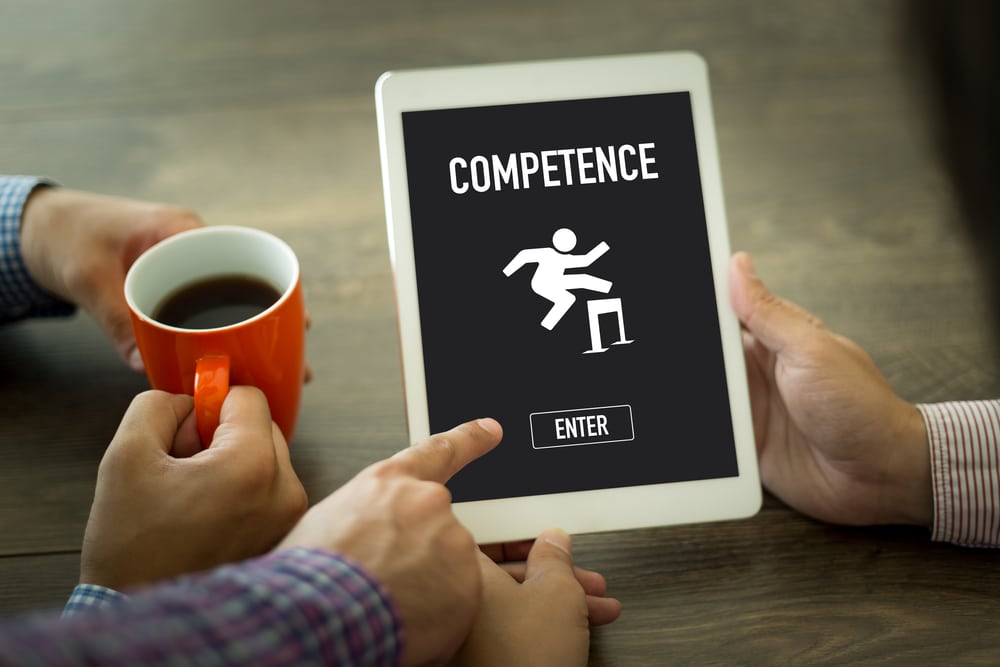Contents:
- Medical Video: Anger Management Techniques
- What is coping skill?
- Why do we need to have coping skills?
- How do you apply coping skills in everyday life?
- Emotion-focused coping
- Problem-focused coping
- Tips for practicing coping skills
Medical Video: Anger Management Techniques
Stress and anxiety are things that cannot be separated from everyday life. But if you don't equip yourself with coping skills, aka the ability to overcome problems, over time stress can have a negative impact on your mental health and your daily life.
What is coping skill?
Quoted from the Medical Dictionary, coping skillis a character pattern or behavior that can enhance one's adaptability. This includes the ability to uphold values or beliefs, ability to overcome problems, socialize, maintain health, and also the ability to maintain commitment. Coping skills can also be seen as an ability to deal with stress to encourage oneself to continue to advance towards the stated goals.
Why do we need to have coping skills?
A person's mental health condition is generally influenced by three main factors, namely genetics, the presence of stressors from the environment and coping skills themselves to stressful conditions. The first two factors, namely genetic and external stress, including things that tend to not be able to control. However, coping skills are something that can be learned and applied to maintain mental health.
Coping skills is done by recognizing what problems we are actually dealing with by reducing stress first, for example, diverting attention for a moment by relaxing or doing another job. With reduced stress levels, we can think more clearly and be able to deal with problems more effectively.
Many stressful mental problems also ultimately affect physical and social health. Thus, having the ability to overcome problems (coping skills) is also very useful to prevent health complications that might later be caused.
How do you apply coping skills in everyday life?
Strategycoping skill each person can vary, depending on one's personality and the type and source of stress experienced. But in general psychologists distinguish skills coping strategies into the two main categories, namelyEmotion-focused Coping and Problem-focused Coping.
Emotion-focused coping
This is a coping strategy that focuses on a person's emotional condition by reducing negative emotional responses from a stressful condition - for example feeling embarrassed, grieving someone's loss, anxiety, fear, and frustration. This strategy is the only way to implement it coping skills when the source of stress is beyond the control of someone who experiences it. Emotion-focused coping is done by diverting focus and attention from the source of the problem, for example by venturing or writing about the problem it faces, meditation, or by praying.
But sometimes, the emotion-focused coping strategy actually makes someone tend to procrastinate over the source of the problem. This is what makes this strategy an ineffective way to solve long-term problems. This strategy is also dangerous when the real problems faced require immediate treatment, such as early treatment of chronic diseases and financial problems.
In addition, the emotion-focused coping strategy can also be destructive or even add to problems and stress. This can happen when you become dependent on unhealthy transfer techniques such as using illegal drugs, excessive alcohol consumption, smoking for reasons of stress, binge eating, and spending too long playing games or watching TV.
Problem-focused coping
In general this is the best coping strategy. Problem-focused coping does not only focus on stress levels, but also the root causes of stress. But this strategy cannot be applied to every situation and will only be effective when the source of stress comes from work or pressure when achieving a goal. Negative emotions such as sadness and frustration due to losing someone for example, can only be handled with emotion-focused coping.
There are three important things in implementing problem-focused coping, including problem solving skills, good time management, and the existence of social support. Although this one skill coping strategy is very effective, not everyone can apply this method so it requires practice in its application. An optimistic personality is also very necessary in applying this method. Because to overcome the problem, self-confidence is needed to assess and weigh whether the situation can be controlled.
Tips for practicing coping skills
The effectiveness of a coping strategy is influenced by the types of problems faced, but there are a number of ways that you can solve problems efficiently, including:
- Positive thinking by seeing a problem as an opportunity to gain experience and learning.
- Try to be calm - Avoid overreacting to stress when you first experience it. This can be done by breathing in and calming down before making a choice or making a decision.
- Accept yourself and others - understand that no person is perfect and everyone can make mistakes.
- Learn about errors - every mistake can make you make better decisions in the future.
- Objective - Realize and understand correctly the problem of what is actually being experienced by putting aside the feeling of stress or stress that is caused.
- Communication - Avoid harming anger, opinions, or negative emotions too often. Try communicating the problem well with someone concerned.
- Have a good relationship with other people - Social support is needed in helping you solve problems or achieve goals.
- Build self-control and discipline - these two things are important in achieving consistency in the goal.












